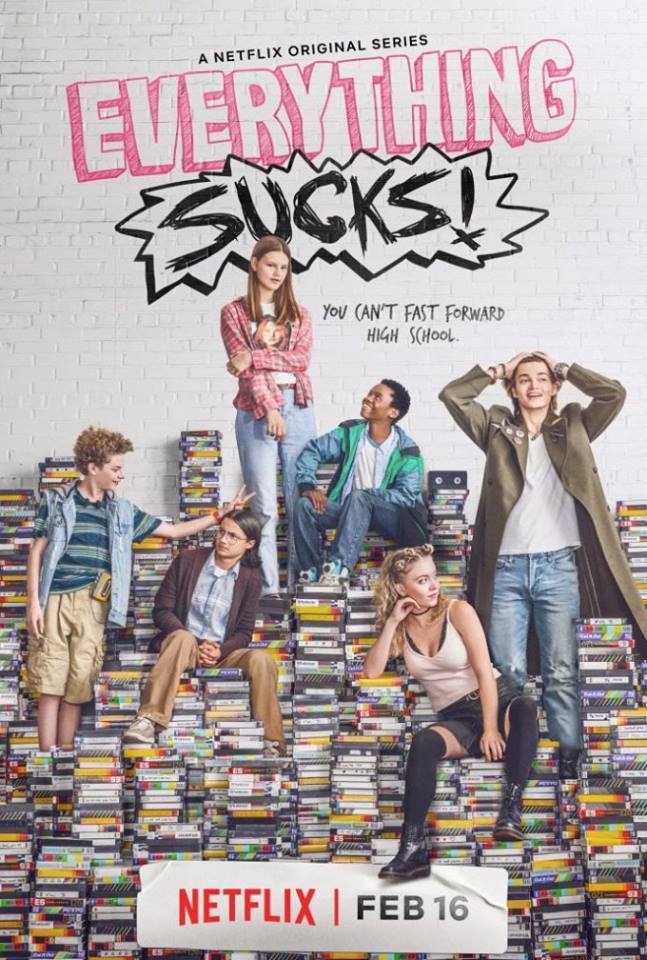 Series: Everything Sucks!
Series: Everything Sucks!
Where To Watch: Netflix
Starring: Jahi Di’Allo Winston, Peyton Kennedy, Patch Darragh, Claudine Mboligikpelani Nako, Quinn Liebling, Elijah Stevenson, Rio Mangini, Sydney Sweeney
Creators: Ben York, Michael Mohan
Reason We’re Watching It: Not to pop culturally carbon date some of our staff, but some (if not all) may have worn Dr. Martens and flannel while listening to Oasis and Pearl Jam during art class in high school. “Everything Sucks!” takes a retrospective look at what it’s like to be an awkward, creative teen while attending high school circa 1990-something. It’s a comedy full of heart, not only from the perspective of the students, but the parents as well. You’ll be laughing one minute and fighting back tears of happiness the next.
What It’s About: The show is a teenage dramady set in the ‘90s. It’s a tale of not fitting in, first loves, new loves, creativity and trying to find your place in life during those awkward high school years. The series focuses much of its attention on Luke (Winston) as he tries to woo Kate (Kennedy), the principal’s daughter. Meanwhile their parents find a mutual affection for one another and bond over past experiences and life as single parents.
Whoah! Rewind That!: There is a scene where Luke recreates all of the iconic ‘90s music videos and syncs it to “Wonder Wall” by Oasis. This is all done in a creative, heartfelt attempt at asking Kate to be his girlfriend.
Watercooler-Worthy Tidbit: The scene that takes place at a Blockbuster video store was shot at only one of 10 remaining brick and mortar stores still in operation. Unfortunately, it closed at the end of 2017. R.I.P. Blockbsuter. We will always be kind and rewind!
And that’s why we’re giving it…



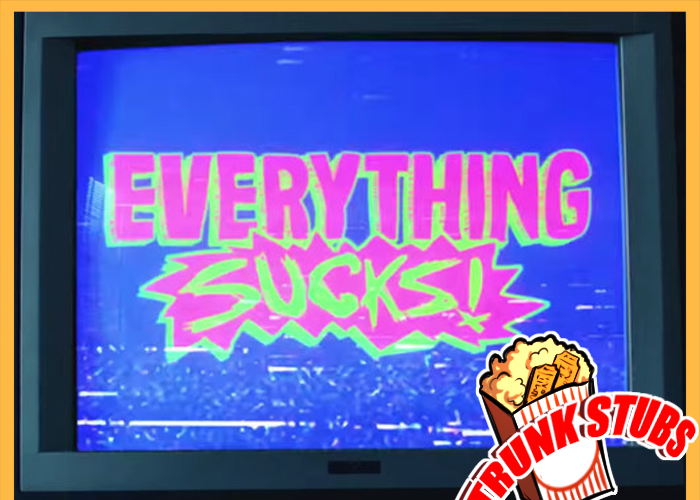
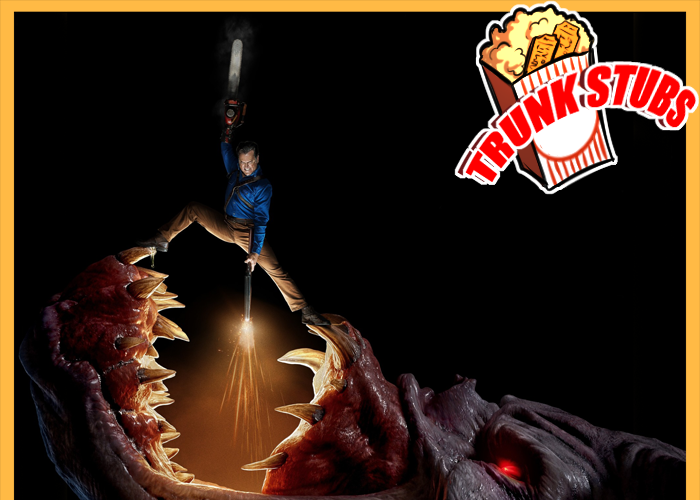
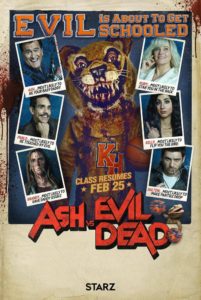 Series: Ash vs Evil Dead
Series: Ash vs Evil Dead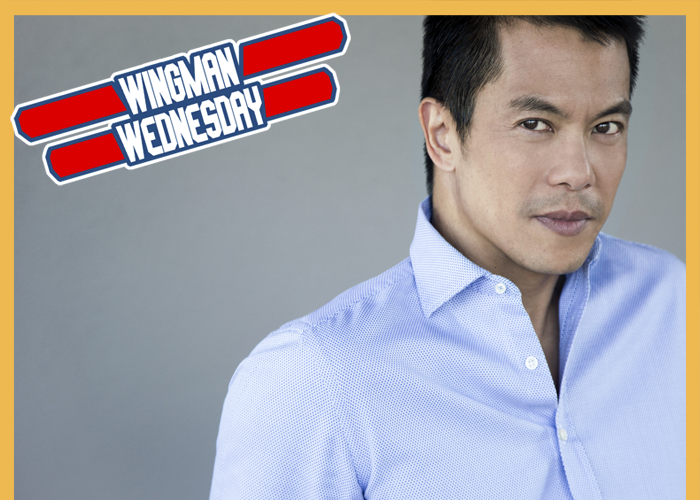
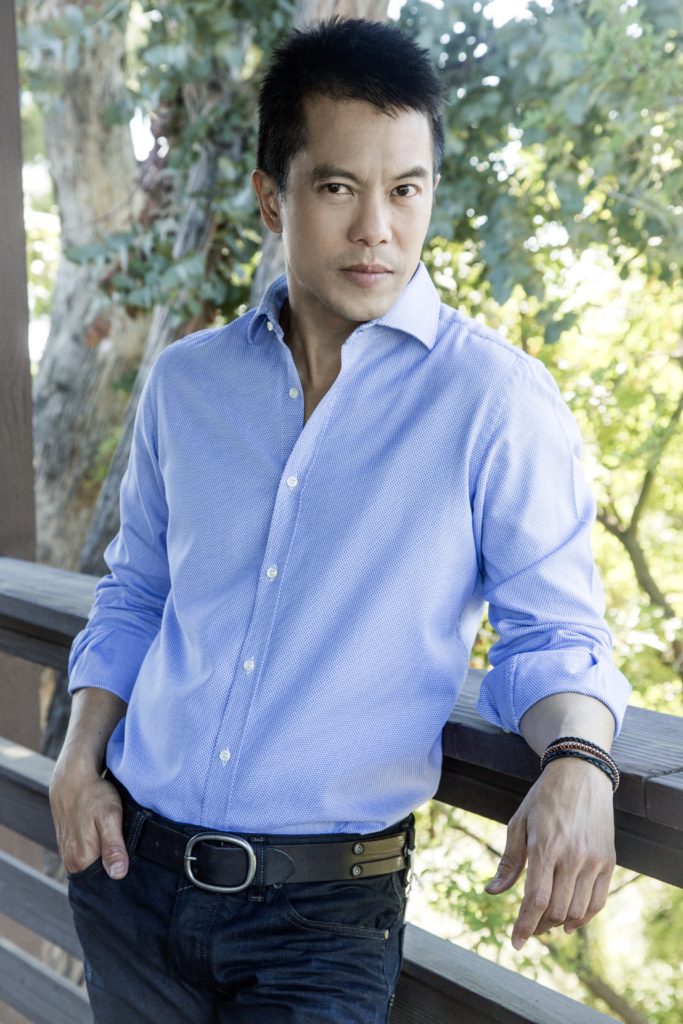
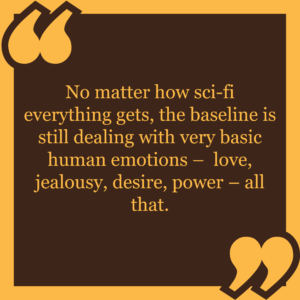
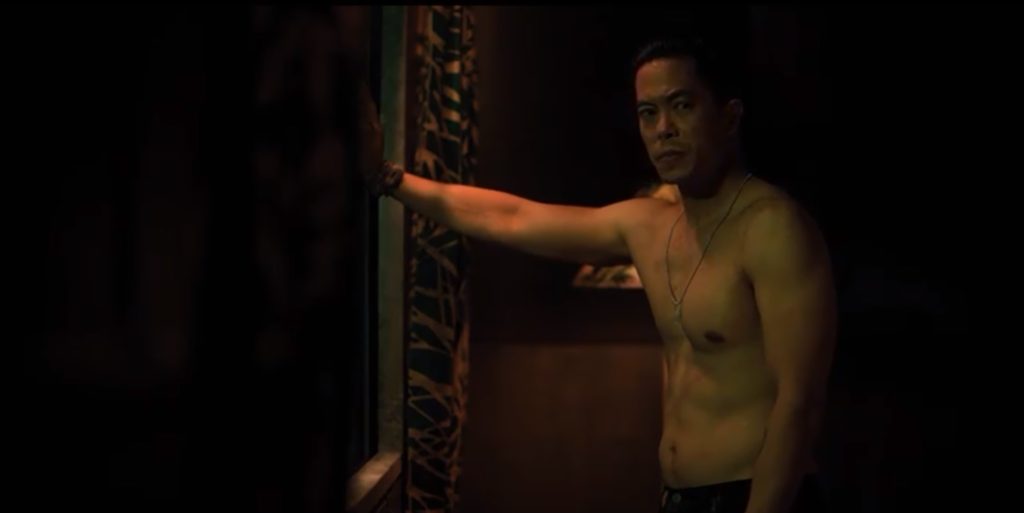
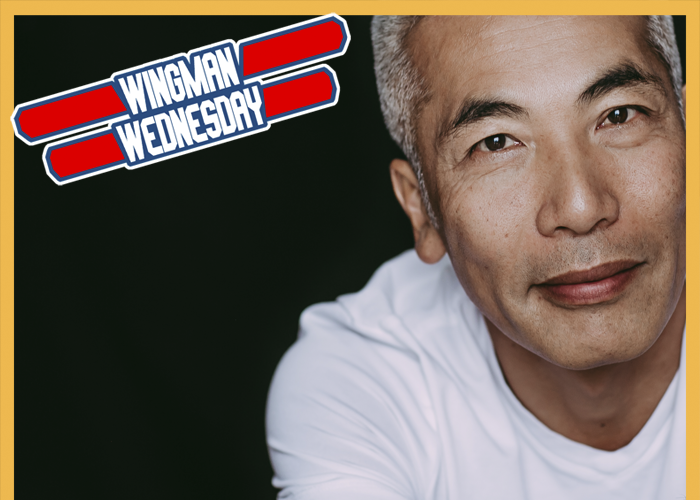

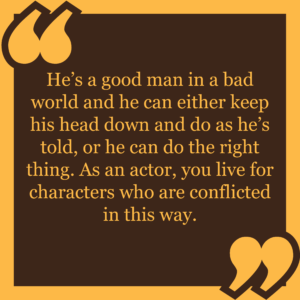
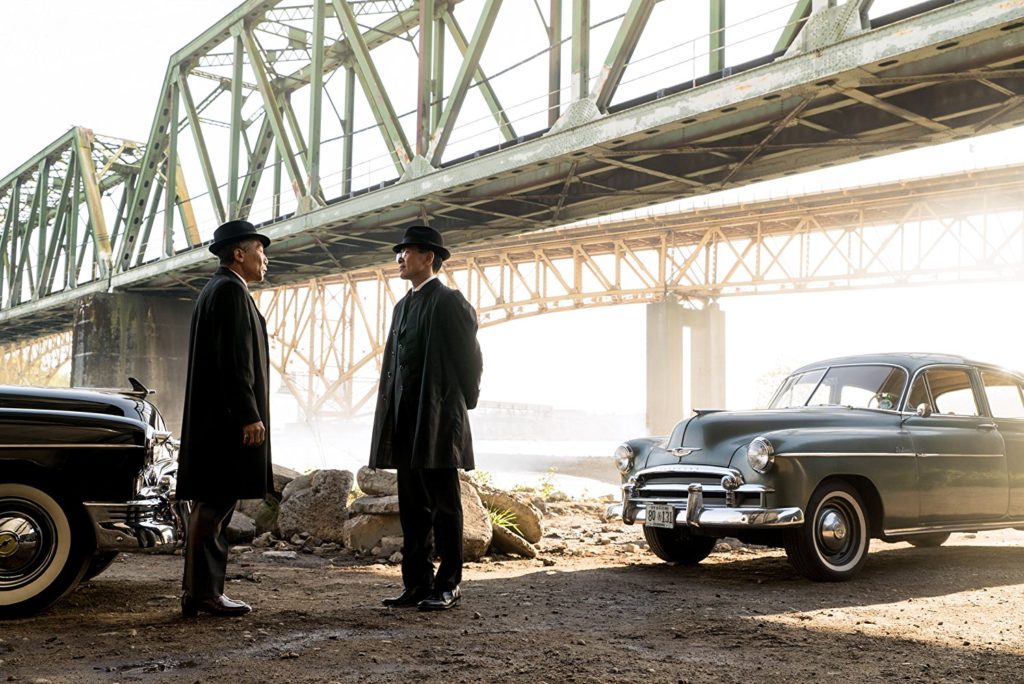
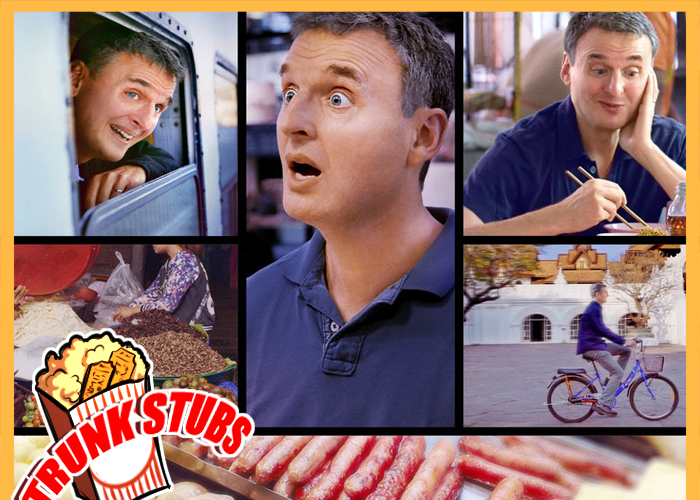
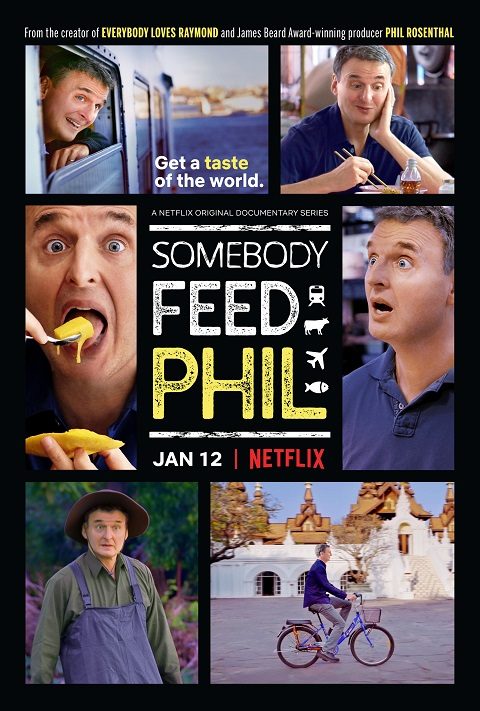 Series: Somebody Feed Phil
Series: Somebody Feed Phil
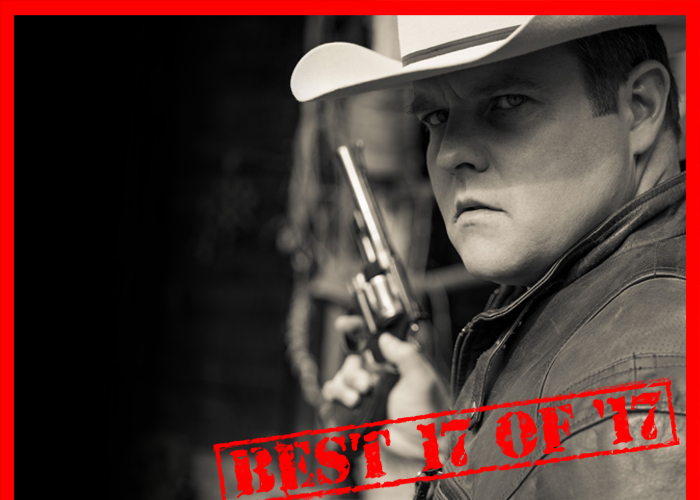
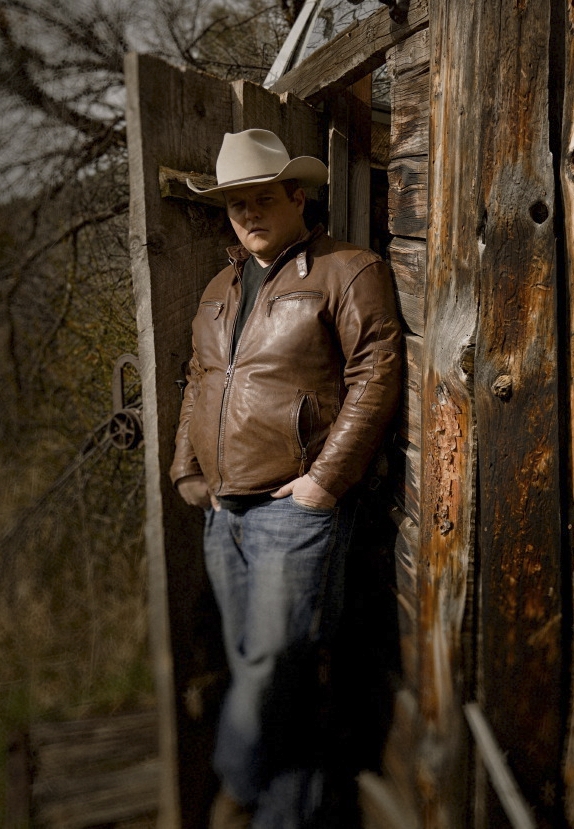
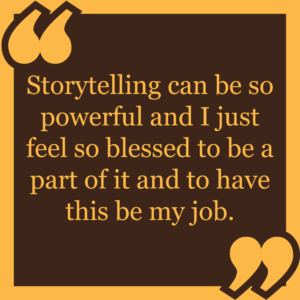 project… did that take some getting used to?
project… did that take some getting used to?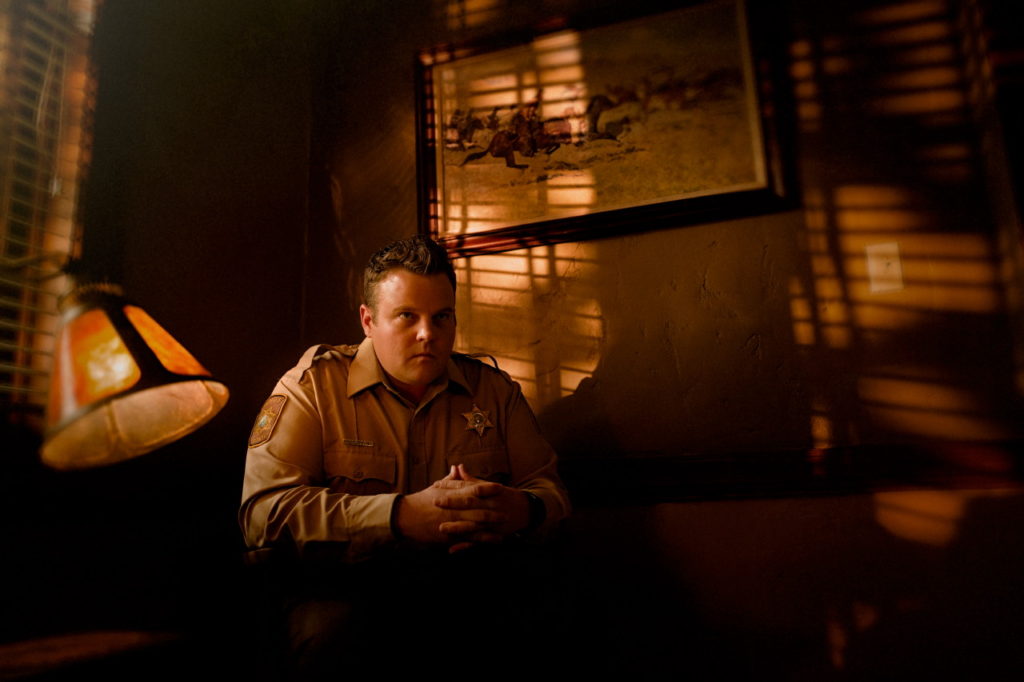
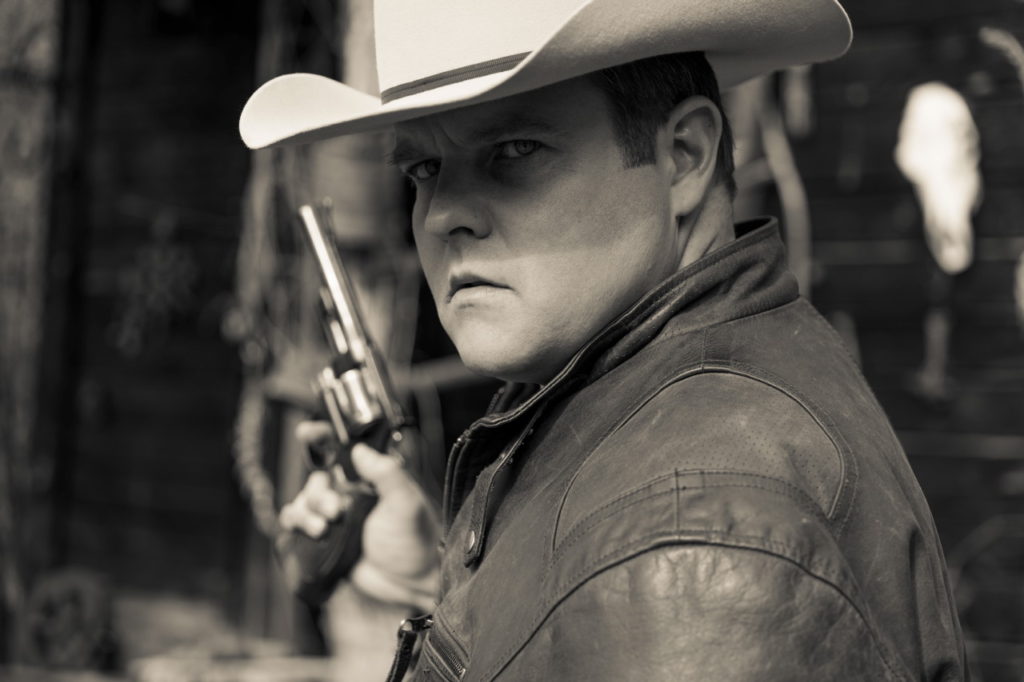
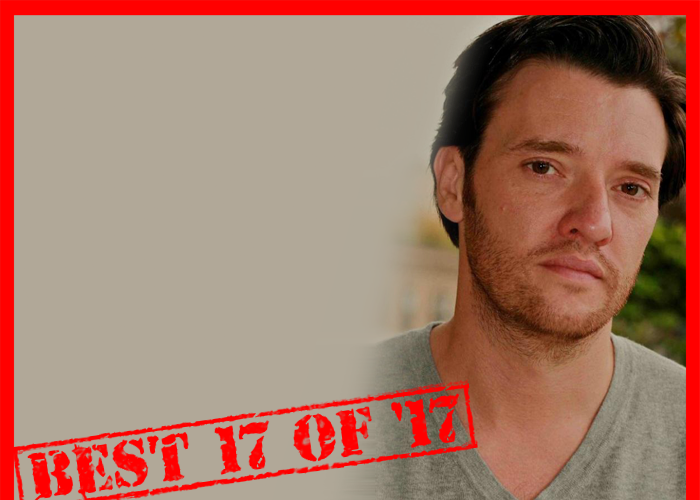

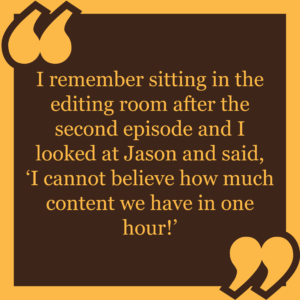
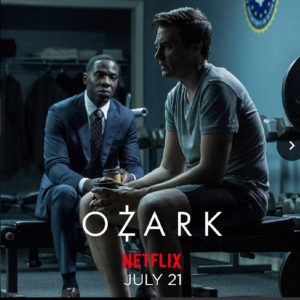 TrunkSpace: It felt very reminiscent of early Coen Brothers, like “Miller’s Crossing.”
TrunkSpace: It felt very reminiscent of early Coen Brothers, like “Miller’s Crossing.”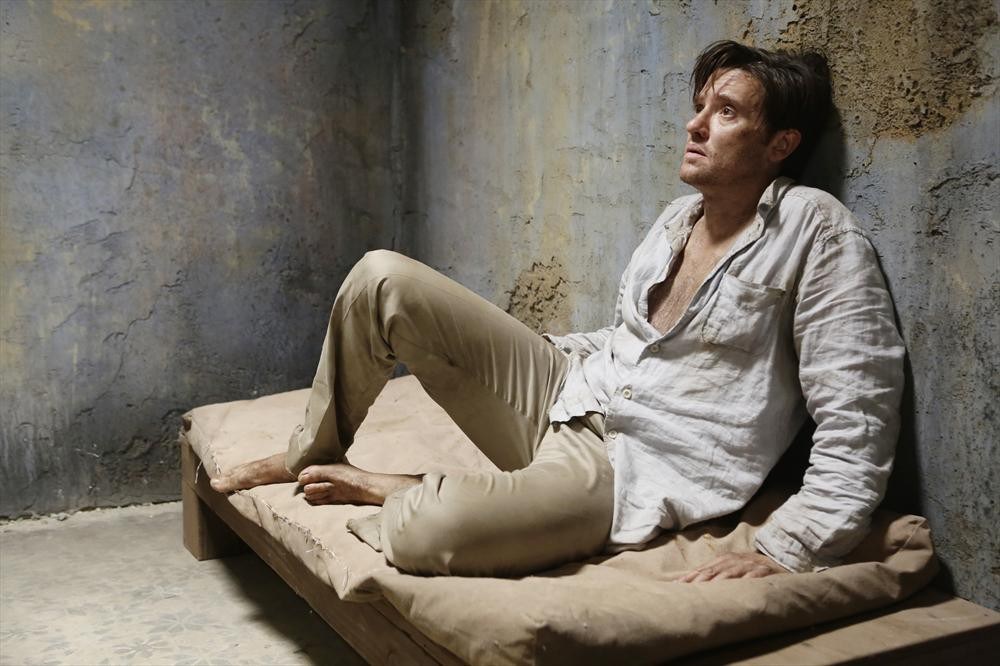
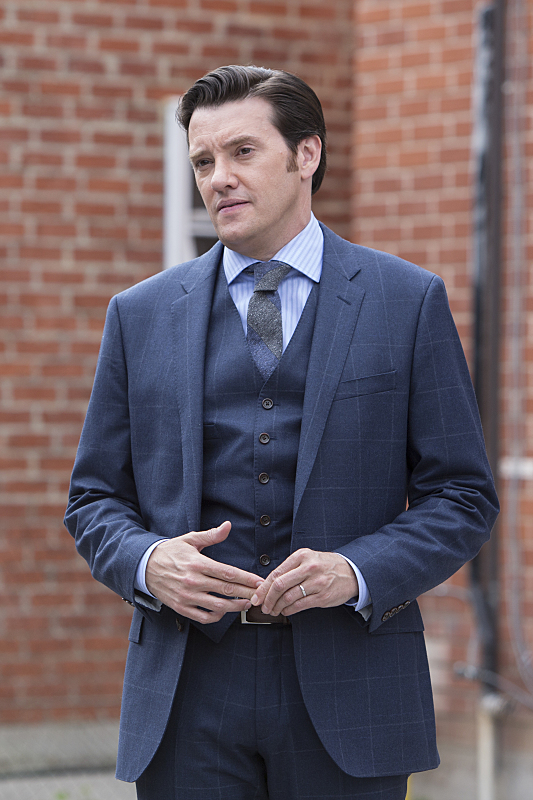



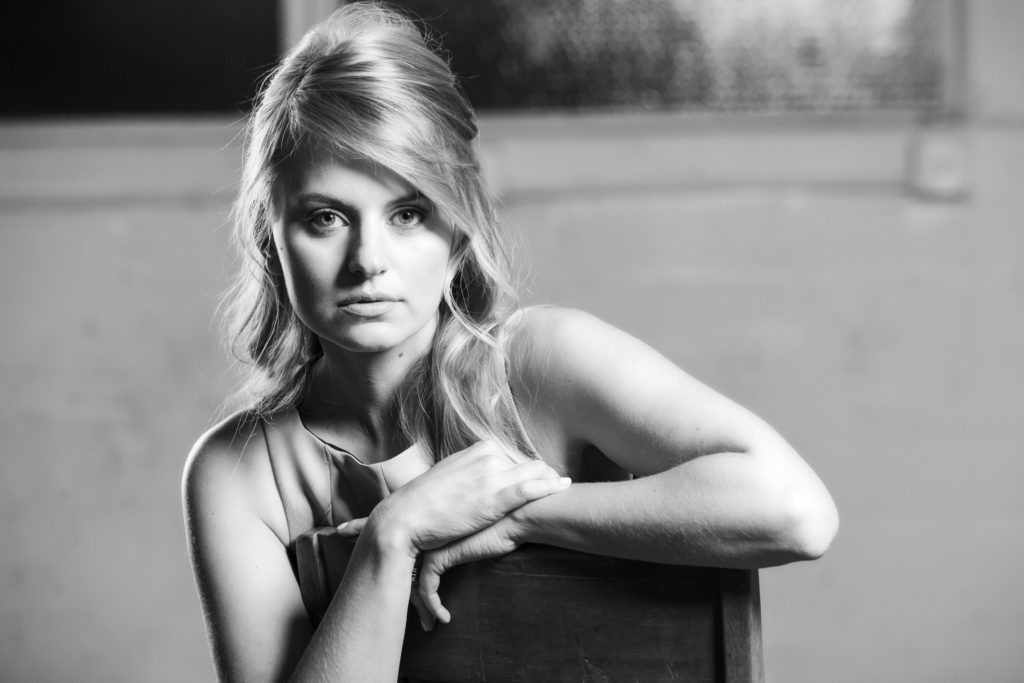
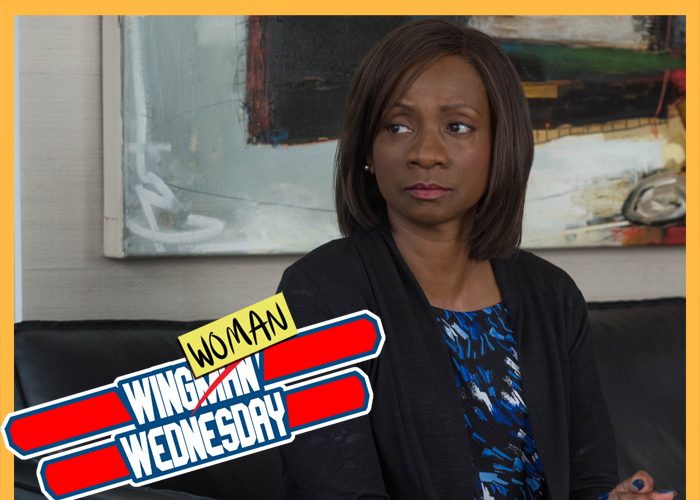
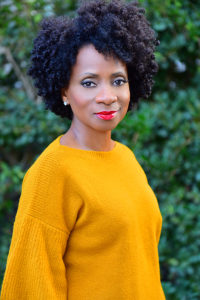
 what her overall journey is?
what her overall journey is?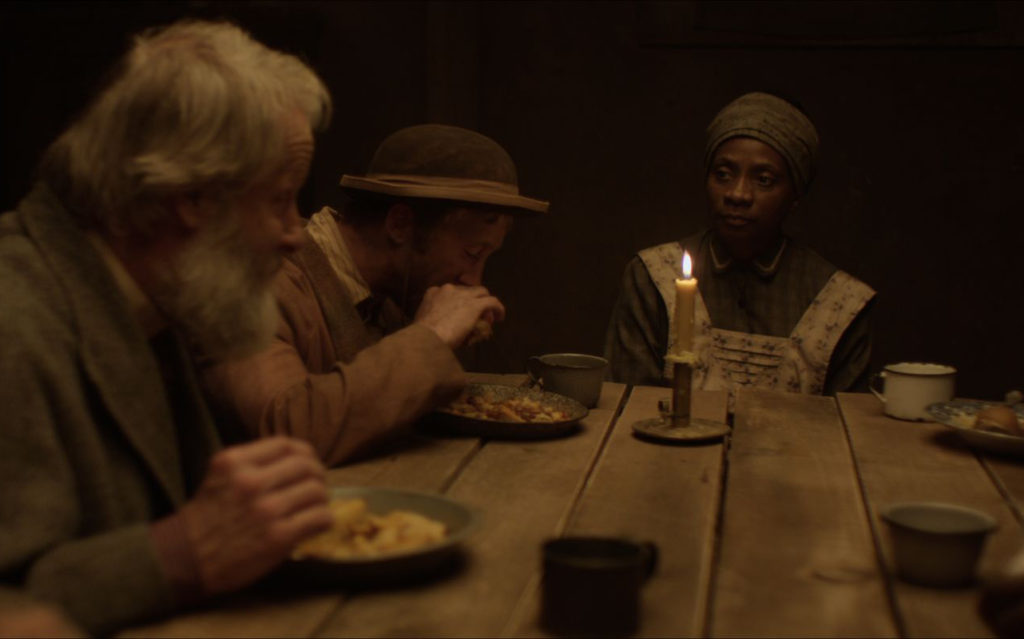
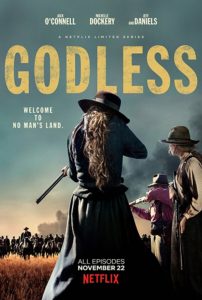 There’s a scene in “Godless” where we meet Jeff Daniels and his crew, and when you see it it’s like, “Oh God, why would that happen?” Even preparing for that I had to, once again, take myself on that journey of, “This is not an Elisa choice, this is a June choice.” Back then people could just show up at your house and you would offer them water, and you would invite them in and offer them food. Now, it’s like, listen, you don’t even let friends in who haven’t called. (Laughter)
There’s a scene in “Godless” where we meet Jeff Daniels and his crew, and when you see it it’s like, “Oh God, why would that happen?” Even preparing for that I had to, once again, take myself on that journey of, “This is not an Elisa choice, this is a June choice.” Back then people could just show up at your house and you would offer them water, and you would invite them in and offer them food. Now, it’s like, listen, you don’t even let friends in who haven’t called. (Laughter)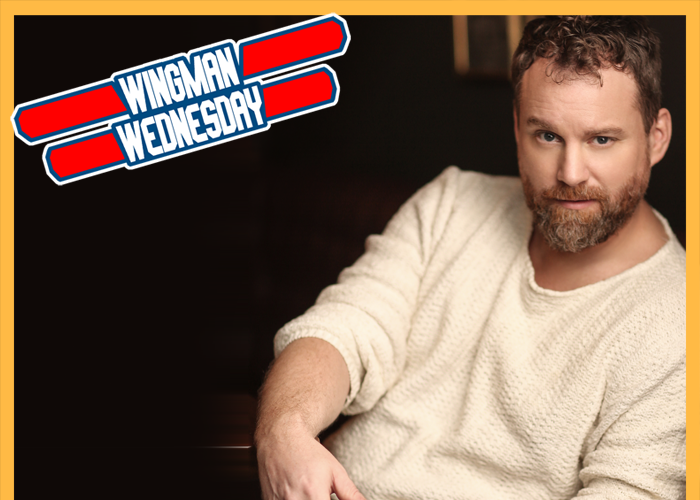
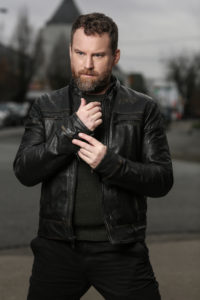
 characters?
characters?